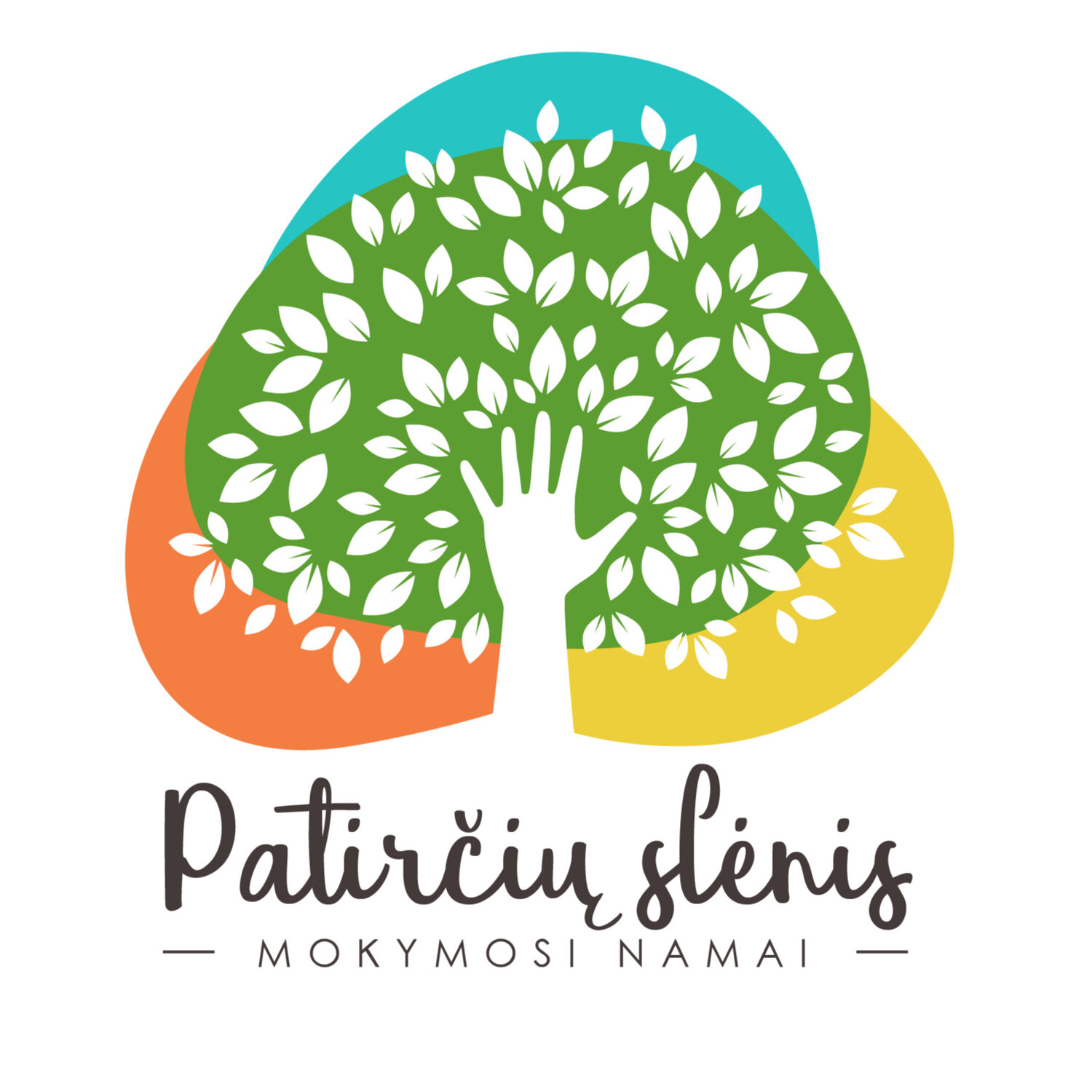
About primary school
Welcome!
In this short video, we share our thoughts on why we are building a primary school and how it will contribute to meeting the needs of the community, families and children.
Main principles
The core of education – "I am enough" – connects 8 aspects:
Curiosity: to have and stimulate interest – to discover, research, analyze, search, learn.
Courage: to start and finish something; self-discipline; try something new; to stand out; to err, to be right; represent your own point of view; be authentic.
Creativity: to know your own talents and use them, to see things from different perspectives, to create.
Communication: with yourself, your peers, your mentors (teachers), family, community, your planet – being positive, loving, respectful and understandable.
Critical thinking: to analyze information and be objective. Not to cling to words, information, images, stereotypes, to separate facts from interpretations.
Connection: connecting learning with reality, connecting different aspects of learning with each other, feeling self-connected and having a connection with the wider world and purpose.
Sincerity: to oneself, peers, teachers, family, community and the entire planet - through feelings, words, actions, thoughts.
Collaboration: the ability to connect with others, to pursue common goals or objectives in a harmonious way, using different skills and experiences.
Why did we choose these educational principles?
In 1968 George Land conducted a study and tested the creativity of 1, 600 children. The task was to come up with as many ways to use the paper clip as possible.
The level of genius (more than 150 ways) has been reached by:
among 5-year-olds – 98 % of children
among 10-year-olds – only 30 % of children
among 15-year-olds – only 12 % of children
adults reached only 2 %
According to well-known education expert Sir Ken Robins, this happens due to the current education system, when children are taught to reproduce information and the solution of problems is based on the search for one correct answer. The teaching methodology is not adapted to modern children, and the assessment system does not provide effective feedback that encourages curious learning.
What does the curriculum look like?
Individual learning
Learning in an optimal style and pace
Individual learning according to a personal learning plan (help from a mentor or other students can be requested)
Reporting and recording of achievements after completing a topic test, presentation or interview with a mentor
Principles:
Orientation to basic competencies
Internal motivation (opportunity to learn more than expected) and personal responsibility for learning achievements
Project Based Learning
During the year, several projects are implemented, which integrate history, natural sciences, etc.
Learning through experience without fear of crossing individual boundaries
Learning independently and together with others. The final result of the project is presented to the mentor / classmates / community.
Principles:
Interdisciplinarity.
Focus on practice and adaptability, learning outside the school.
Learning both independently and in a group.
Learning according to personal inclinations and interests.
Additional activities
Compulsory and optional additional activities.
Optimal conditions for each student to feel / discover his / her strengths, strengthen what he / she is most inclined to do and do what he / she is most interested in.
Compulsory classes: music, art, movement practices.
Optional additional activities: competence circles (time planning, learning style, emotional intelligence, etc.).
Principles:
Parents are involved in the educational process by sharing their knowledge through competence circles;
Daily physical activity and being in nature;
Daily reflection in the morning and at the end of the day.
Tuition fee
Registration fee: 400 Eur (for current families 200 Eur; paid once).
Tuition fee: 300-450 Eur / month* (12 payments per year). The exact monthly fee is agreed individually with the family, depending on the financial situation.
* the fee may be lower when parents contribute to community activities (e.g., conducting extracurricular activities, contributing to location or other work).
* by individual agreement, discounts apply when more than 1 child from the family attends kindergarten or school.
* the price of meals is included in the tuition fee.
Admission
Norite tapti mokyklos dalimi?
Want to be a part of the school?
Fill in the application form and send it to mokykla@patirciuslenis.lt
During an individual conversation, we reconcile expectations with the parents and the child (children).
A contract is signed.
Have any questions? Fill out this simple form >




